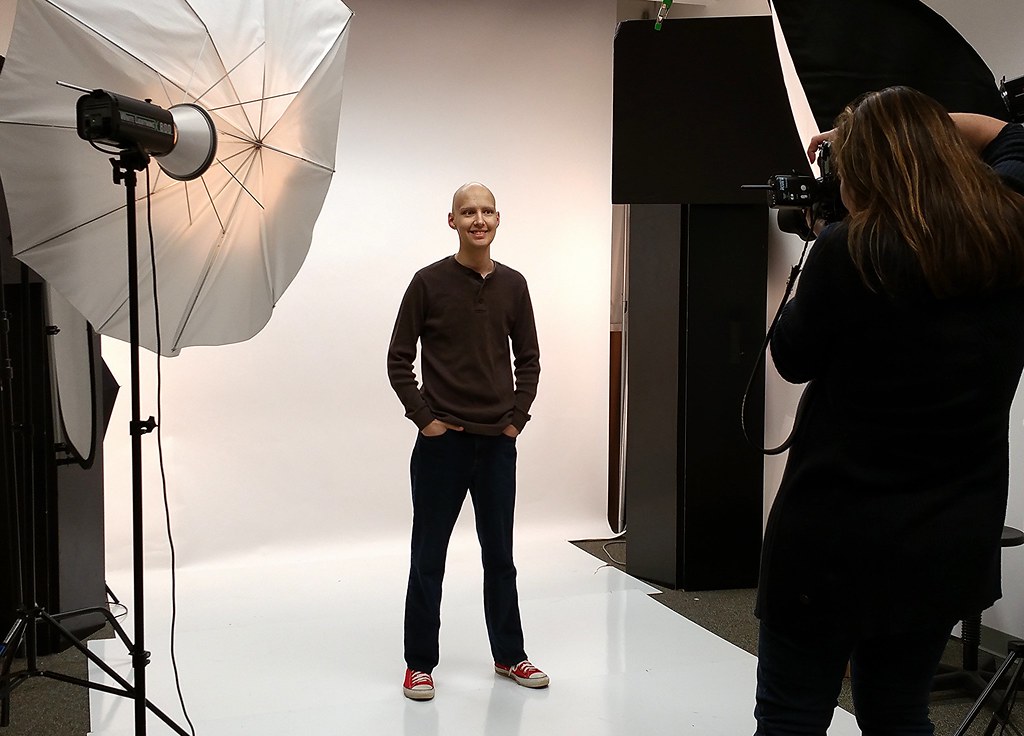From Memphis with Love . . .

.
“. . . the cross is to be interpreted as the coming of the kingdom on earth as in heaven . . .” (Wright, 244)
“The resurrection is, from Mark’s point of view, the moment when God’s kingdom ‘comes in power.'” (Wright, 246)
“Jesus’ followers, equipped with his Spirit, are to become in themselves, individually and together, little walking temples.” (Wright, 247)
“What will happen though, is that you will receive power when the Holy Spirit comes upon you. Then you will be my witness in Jerusalem . . .to the very ends of the earth.” (Acts 1:7 – 8 )
“I believe in the Holy Ghost, the holy catholic church, the communion of saints, the forgiveness of sins . . .” (The Apostles’ Creed)
For the past 8 months, my son Sidney and I have lived in Memphis while he receives cancer treatments at St. Jude. We are at the hospital almost daily, and eat and sleep either at the hospital or the Ronald McDonald House with other cancer patients and their families. We meet all kinds of people — kind people, irritating people, hurting and fragile people, strong people, smelly people. Some who draw you in and some who make you want to run the other way. I am learning a lot about people under stress, my son and how others view him. It is perplexing at times.
Sidney has made many friends and maintains contact with several patients and families who have moved on. One particular family has been at St. Jude since Sidney and I arrived back in June. We have known them the longest. Bhavesh and Chan Chal traveled from the other side of the world with their small son, Manan. They miss their family and culture but are friendly and eager to chat and learn about people here. Like most people in Memphis, they met Sidney first. I met them later, via Sidney.
Bhavesh and Chan Chal frequently tell me that Sidney is different. They see a sparkly future, an adult Sidney who impacts the world. While it naturally pleases my ears to hear such praise of my son, it also makes me a bit uncomfortable. At the risk of being called a terrible mother (which has happened before) or looking like a terrible mother (yep, there is precedent), I confess I don’t see it. What I see is a brave young man whose desire is to be a husband and father, a young man who laughs, makes others smile, a young man who wants to serve. That is enough for me. I am proud of him. But it is rather ordinary, isn’t it? There are many brave, kind and fun young people here.
A few days ago, Bhavesh and Chan Chal told me about the first time they noticed Sidney. They were sitting in St. Jude’s main lobby, waiting for the shuttle. That lobby is a busy place, many people in and out, the spry and healthy use the revolving door. Wheelchair patients and the slower-moving struggle through the heavy, double doors.
A less mobile patient was struggling with those heavy doors, and Sidney jumped up to open the door. Bhavesh told me, “Here was this young man, who was sick, getting up to help someone else. I was sitting there, healthy but occupied wth my own worries and my own family. Most people were sitting there focused on their own worries. But Sidney sees other people.”
Is it that simple? I wondered. Is the simple act of seeing a small need and performing a small service enough?
The words of NT Wright sprung to mind. He says God’s people are meant to be “kingdom-bringers.” That seems like a grand thing and our world does not appear to have many people engaged in grand, kingdom-bringing activities.
But I remembered that the people of Jesus’ day expected grand actions and large sweeping changes — overthrown goverments and a new kingdom ruled by the God party. However, Jesus worked in ways neither expected nor understood. He spent most of his time doing small things —- seeing people, being kind, healing outcasts, teaching, touching, blessing small children. He saw needs. He served. He washed feet that were probably smelly.
Perhaps our “kingdom-bringing” activities are the grand occupations of looking to see, opening doors, removing obstacles, making a way.
If we are “walking temples” as Wright puts it, then we must open doors to people, even when we don’t feel like it. We must invite with our whole being and our actions should convey “Welcome, bring your whole self in, sins and all. You are safe here, this place where sacrifices are made and sins are forgiven. No, don’t worry about your soiled feet and dirty rags. I will help wash your feet and find clean clothes for you. We’ll do it together.” The vulnerability of such action makes me squirm.
Can I be that place of sacrifice and forgiveness? Even when I’m sick and and tired and don’t feel like it? Even for people I don’t like? Can I risk the abuse and disappointments that will surely come? I’m not sure, but it feels imperative to try, to watch for those who need an open door, to be a person who opens it and encourages them to come inside . . .
me.
.
- Wright, N.T. How God Became King: the Forgotten Story of the Gospels. HarperCollins, New York. 2012